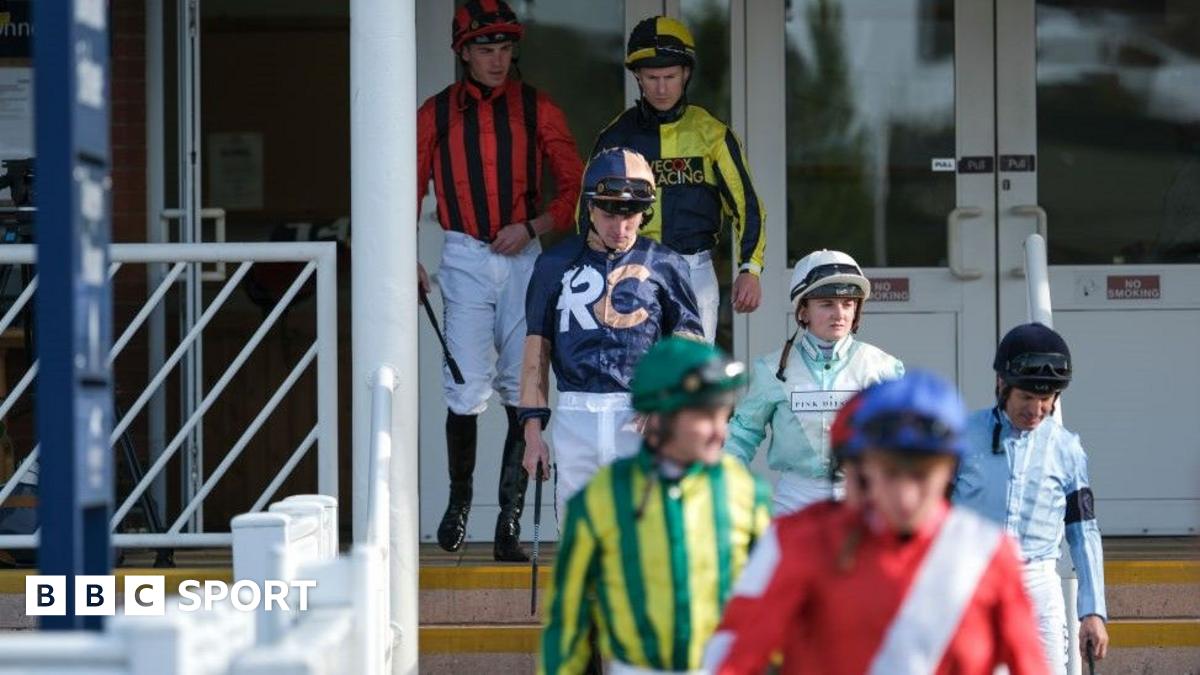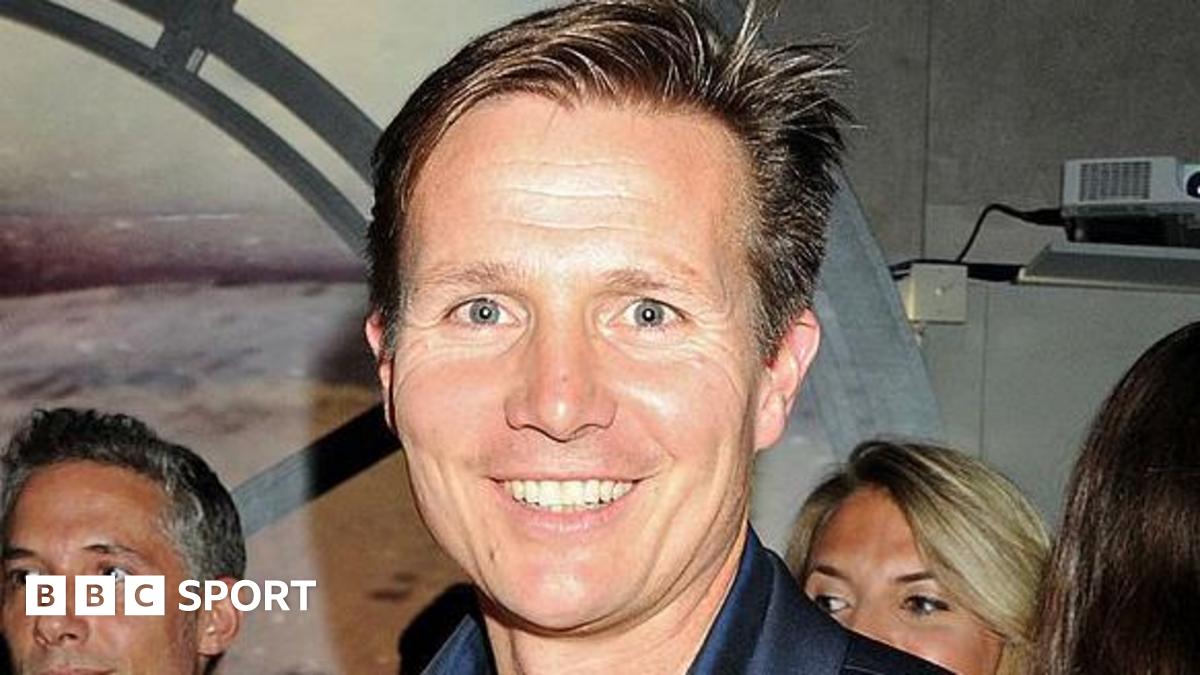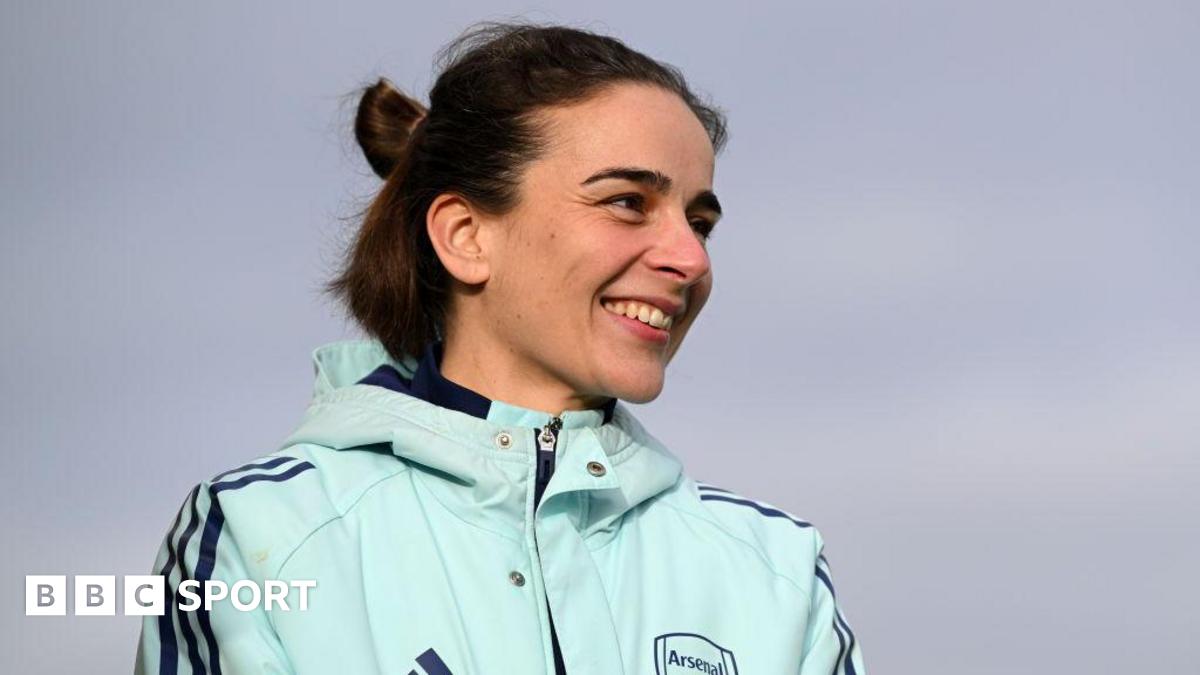ARTICLE AD BOX
Expansion of The Hundred to include more teams would be a "no brainer", according to the man who has overseen sales of stakes in the eight existing franchises.
The England and Wales Cricket Board (ECB) confirmed the eight current teams have achieved a collective value of over £975m, with sales of shares bringing in around £520m to be split across the game in this country.
No further teams will be added before the conclusion of the ECB's current broadcast deal with Sky at the end of the 2028 season.
Vikram Banerjee, the ECB's director of business operations, said: "Expansion is a good sign if it happens, so I'll be delighted if it does.
"We've still got a lot of hard work to make sure the tournament grows. If the tournament grows and cricket grows across the country, then it'll be almost a no brainer."
The process of selling stakes in the eight teams began in September and concluded on Wednesday. The ECB has retained control of the competition itself.
Banerjee explained that any expansion of The Hundred would be determined by the financial benefit, having the depth of players for a ninth or 10th team and securing suitable venues. Durham's Chester-le-Street and a ground in the south-west, Somerset or Gloucestershire, would seem the most likely candidates.
ECB chief executive Richard Gould told BBC Sport: "Most tournaments of this type seek expansion at some point and when that happens it is on the basis of success. If that is a natural element of this success we are hoping to drive, great."
Addressing concerns that The Hundred would not take up any more of the schedule than its current month-long period in the school summer holidays, Gould said: "There is a set window within which the competition is played."
Given the current format includes each team playing eight group matches - six opponents once and their nearest rivals twice - expanding to nine teams playing each other once would not greatly inflate the number of games played, supporting Gould's assertion that it is possible to grow The Hundred within the current window.
However, growth to 10 teams could lead to 13 more group games than the current schedule if each team played one another once.
Any alteration to the structure of the domestic summer would need approval of two-thirds of the 18 first-class counties.
Of the £520m to be spread throughout the game, around £52m will go to the recreational game, and the rest shared between the counties and Marylebone Cricket Club (MCC). The 11 counties that do no host a Hundred team will receive a greater share.
Gould explained the money will be used to "clear off expensive debt and create reserves - Covid wiped out a lot of cash".
He added: "The bulk of the investment will go into player pathway, stadium improvements, customer experience, all those sorts of things."
Addressing concerns that the cash injection is a one-off and non-host counties will be cut adrift when the money is eventually spent, he said: "I don't think the money will or should run out, if it's invested properly.
"I'm hoping this is a legacy that will continue because the money will not be spent, it will be invested."
Investors will agree a minimum five-year period for which they are attached to their Hundred team. Some are paying their money up front, while others are staggering payments over a maximum five-year period.
One return on the investment will be a split of 80% of future broadcast deals, with The Hundred set to be sold separately from the rest of cricket played in England and Wales.
In terms of broadcast rights, Gould said the overseas TV market is "very important", especially as almost all of the Hundred investment has come from India and the USA. On the question of whether the competition would change to a T20 format in order to fall in line with other major franchise leagues, Gould said it was "not a raging debate".
As well as bringing money into the game, the ECB hopes the investment will improve the quality and profile of the men's Hundred through increased player salaries.
In 2023, the Independent Commission for Equity in Cricket recommended equal salaries for men and women in The Hundred by 2025, which will not be met.
This year, the highest men's salary bracket of £200,000 is £135,000 higher than the top women's of £65,000, while at the bottom of the seven pay bands there is a £21,000 difference between the £31,000 of the men and £10,000 of the women.
On Wednesday, incoming Professional Cricketers' Association chair Oliver Hannon-Dalby called the disparity "not fair" and "not right".
When asked if the investment would being salary parity, Gould said: "I think it will help to accelerate the process. There are market conditions in play that will ultimately affect how these things play out.
"We want to commercialise the women's game and bring it up to the same level as the men's game. Perhaps we should be even more ambitious than that."

 3 hours ago
1
3 hours ago
1








 English (US) ·
English (US) ·